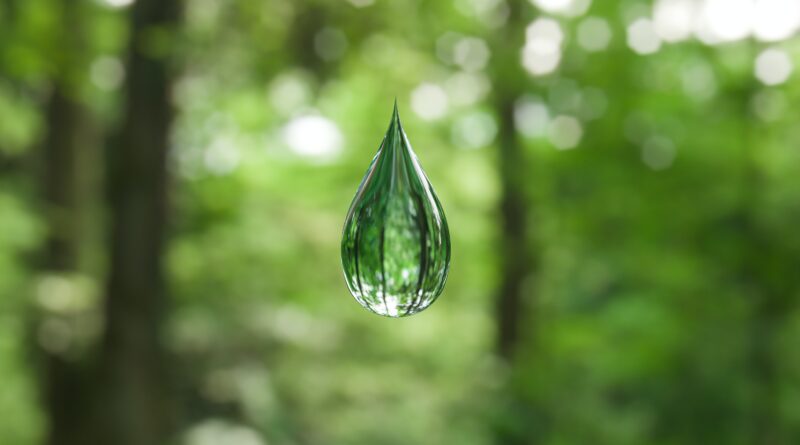Yodare (よだれ – Saliva)
Yodare
よだれ
Today, I found a student who was sleeping while dribbling “yodare” (よだれ).
今日は、よだれを垂らして寝ている学生を見ました。
“Yodare” means saliva dribbling unconsciously from a mouth.
よだれとは、口から無意識に流れ出る唾液のことを意味します。
This term was called “yodari” (よだり) or “yotari” (よたり) until the Heian period.
この言葉は平安時代までは、「よだり」や「よたり」と言われていました。
Here, “tari” is a noun form of the verb “taru” (垂る), which means to dribble.
ここで「たり」は、動詞「垂る」の名詞形です。
There are several theories about the etymology of “yo” — one of them is that it comes from “yoyomu,” which means to become an old person.
「よ」は、年老いてよぼよぼになるという意味の「よよむ」から来ているという説がありますが、詳しくはわかっていません。
Incidentally, if you say “yodare wo tarasu” (よだれを垂らす – dribbling yodare), it could literally mean to dribble saliva, but it also used as a phrase that means to have a hunger to eat/do something.
ちなみに、「よだれを垂らす」と言うと、文字どおり「唾液を垂らす」ことも意味することがありますが、「食べたくてたまらないこと」や「欲しくてたまらない」ことを表す慣用句としても使われます。




